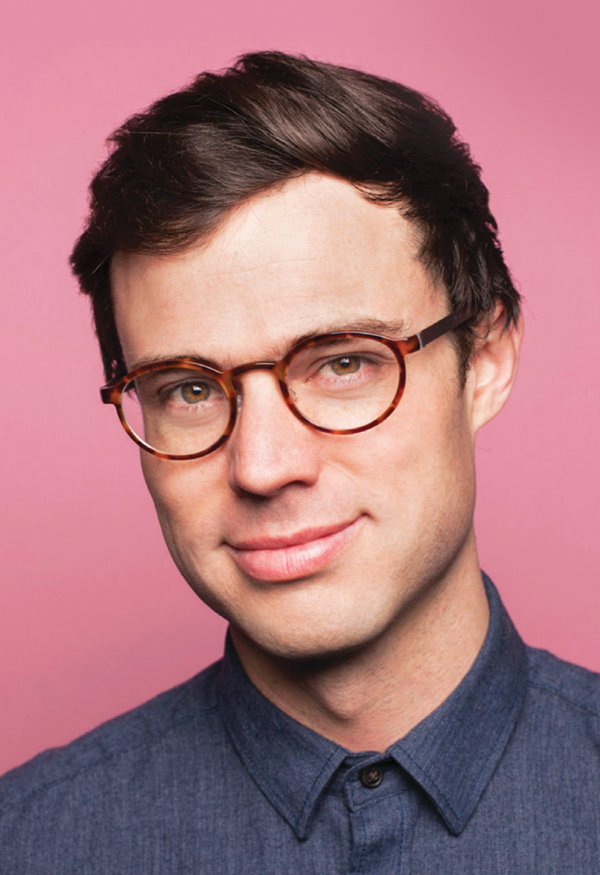Scott W. H. Young | Movers & Shakers 2019 – Innovators
Like many college-aged youth, students at Montana State University (MSU) in Bozeman can get intimidated by the library. That is heightened for MSU’s 650 Native American students, who make up four percent of the nearly 17,000-member student body. Enter Scott Young. As the library’s user experience (UX) point person, he’s motivated to improve the experience for everyone but “especially those library users who historically have been underconsidered,” he says.

CURRENT POSITION
User Experience & Assessment Librarian, Montana State University, Bozeman
DEGREE
MA, Archives and Public History, New York University, 2011; MSLIS, Palmer School of Long Island University, 2011
FOLLOW
Photo by Sandy Honig
Equitable Experience
Like many college-aged youth, students at Montana State University (MSU) in Bozeman can get intimidated by the library. That is heightened for MSU’s 650 Native American students, who make up four percent of the nearly 17,000-member student body.
Enter Scott Young. As the library’s user experience (UX) point person, he’s motivated to improve the experience for everyone but “especially those library users who historically have been underconsidered,” he says.
Collaborating with Connie and Celina Brownotter (Diné and Húŋkpapȟa Lakȟóta), MSU undergraduates and sisters from the Standing Rock Sioux Tribe, he developed the Indigenous Participatory Design Toolkit after conducting a campuswide survey among Native American students and interviews with Native faculty. The toolkit is a series of cards to spark game-changing conversations among students, faculty, and staff.
Still in its prototype stage, the toolkit asks Native American students to think about their strengths (such as cultural pride) and challenges (isolation). Ultimately, the toolkit could be used during first-year orientation as well as in faculty and staff workshops, notes Young. It can also be scaled for other universities.
A proponent of participatory design, Young says, “Librarians are experts at being librarians, and students are experts at being students. Participatory design provides a framework for combining expertise in an environment of equity, mutual learning, and power sharing.”
RELATED
ALREADY A SUBSCRIBER? LOG IN
We are currently offering this content for free. Sign up now to activate your personal profile, where you can save articles for future viewing










Add Comment :-
Comment Policy:
Comment should not be empty !!!